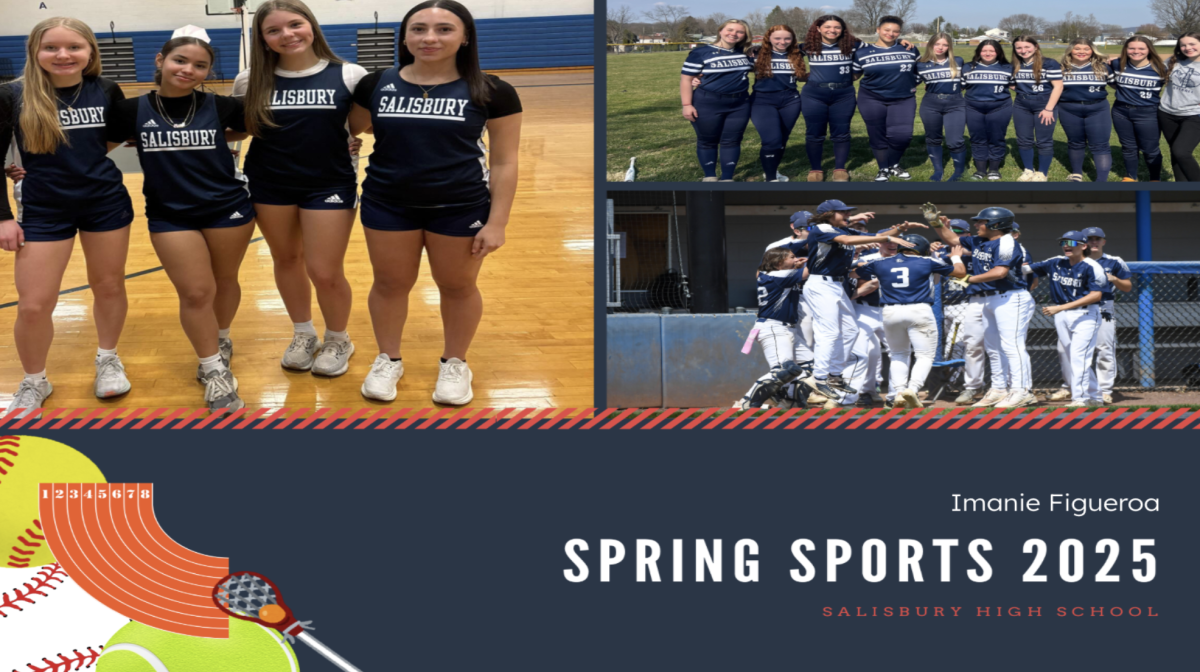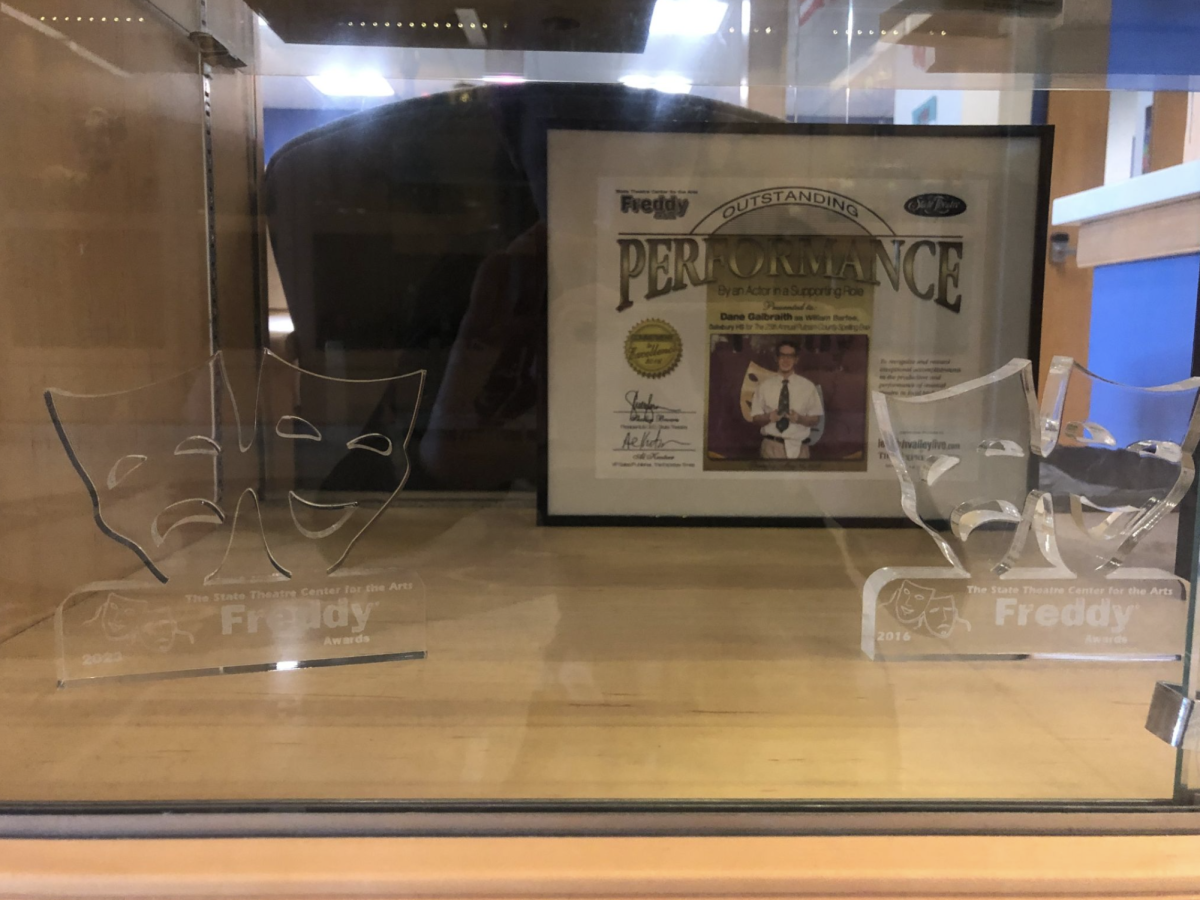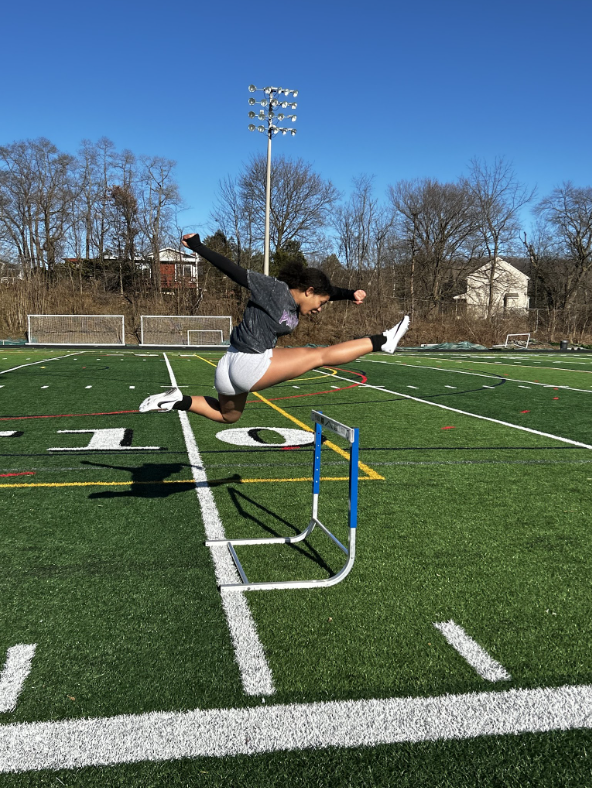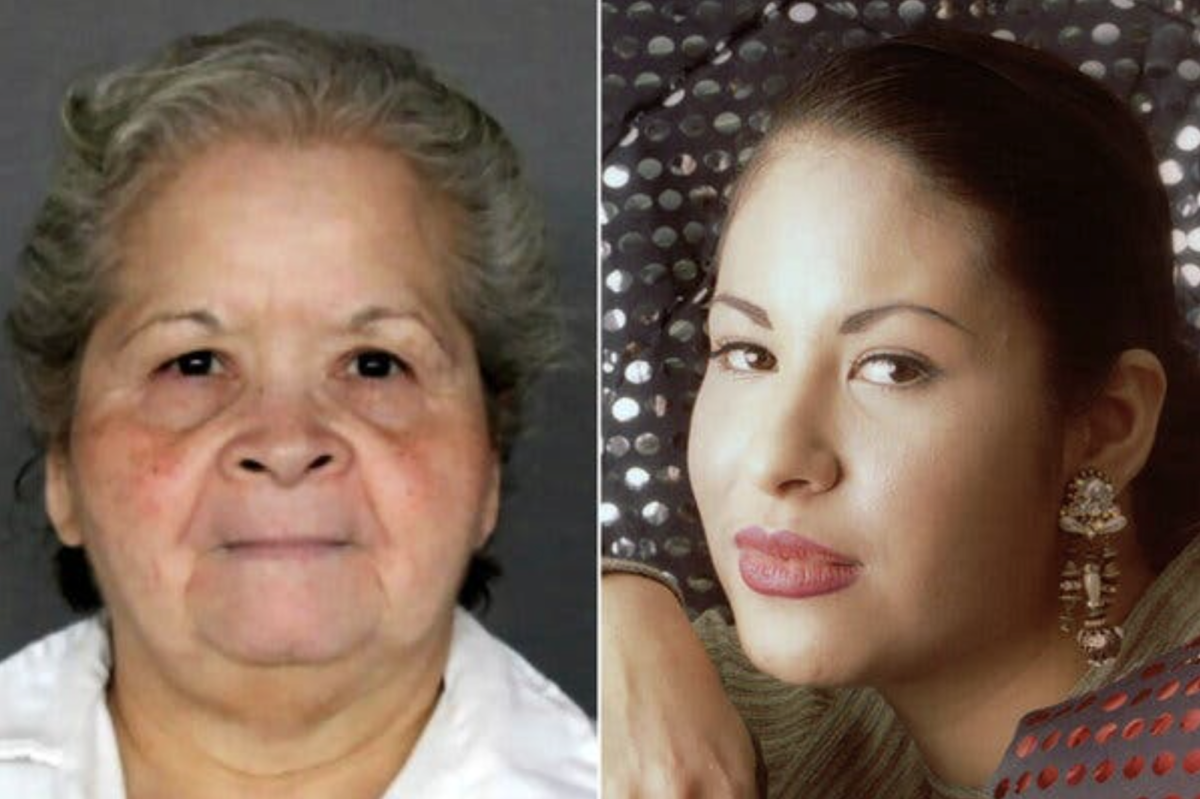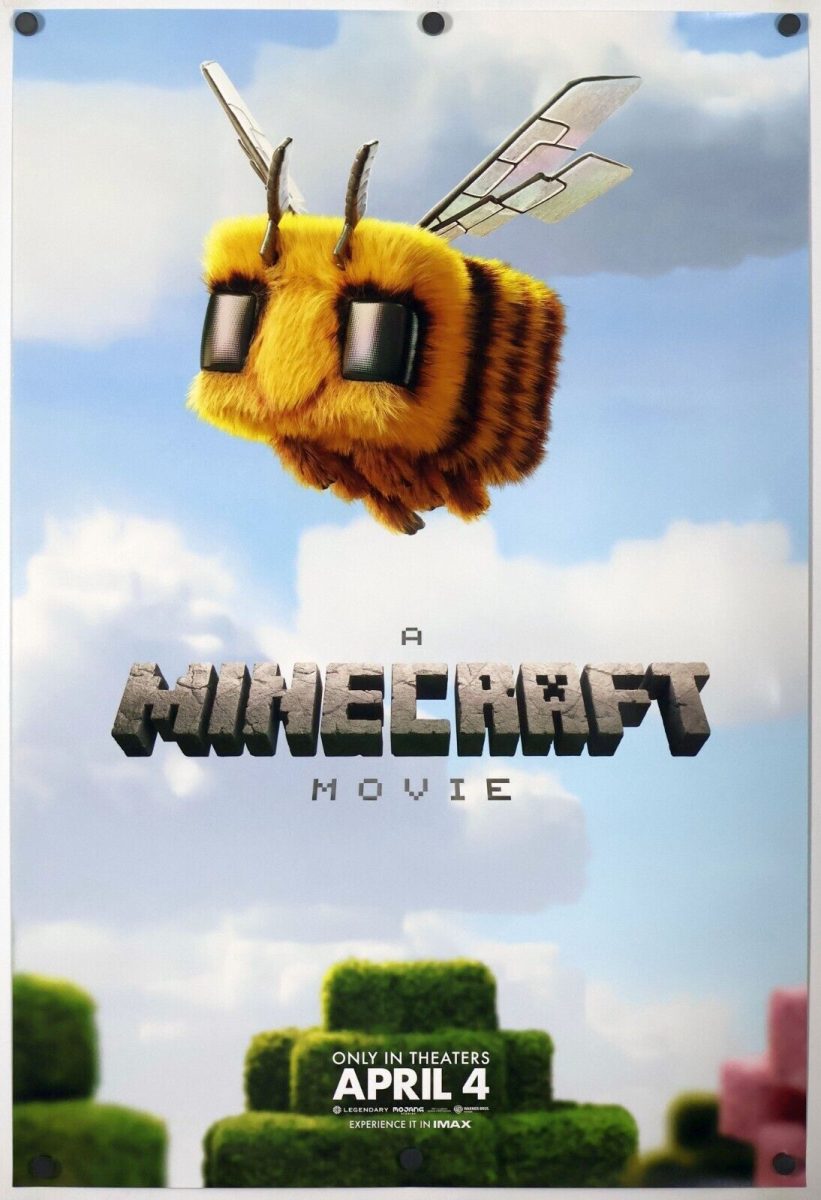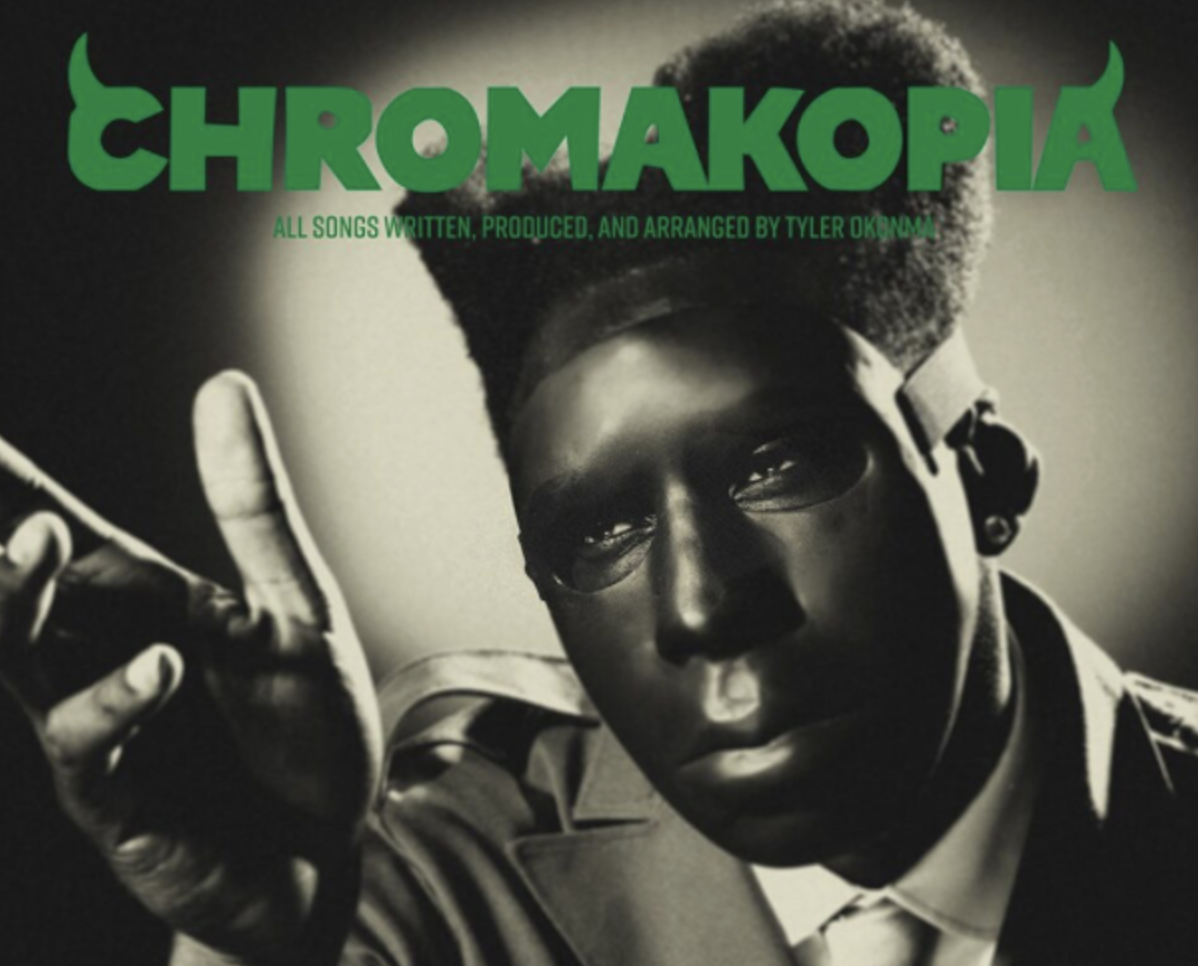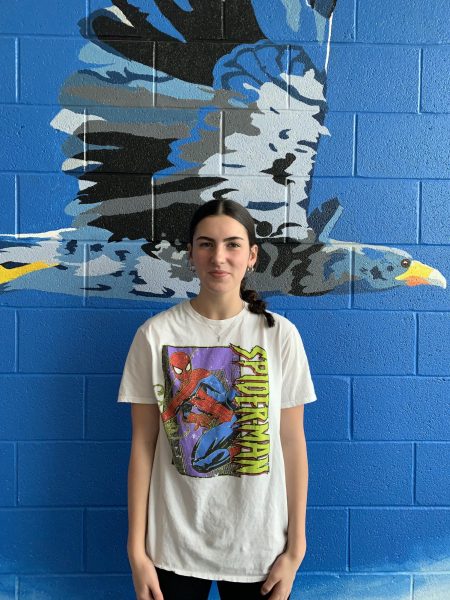It was February 2020. I was in fifth grade and the intercom went off. The surprising announcement made students yell and jump around. We went home not knowing that the rest of our lives would be changed. Two weeks off of school turned into a month off, which turned into the last four months of learning on a computer at home. The summer was quiet with mandated staying home as much as possible and rarely seeing friends and extended family.
In 6th grade, not only was it a change from elementary school to middle school, but I was also learning from my bedroom and my school days were shorter. Sports seasons were non-existent and holidays were not the same.
In 7th grade, I switched schools and not only did I not know anyone’s name, but I could only see half of everyone’s face. I took a leap of faith and decided not only to switch schools but to join a program called Project Wonder.
At Salisbury Middle School there is an alternative learning path called Project Wonder. This learning path is for anyone in grades 6, 7 and 8. The common core state standards are the same for every grade and class, but the way the work is produced is very different.
The students have learning targets, which are the pre-made guides that are done similarly to the traditional classes, but as another way to do the assignments, the students can do projects that can be done in almost any way possible.
This can look like a math assignment turned into a video on why these math problems are used in a game like Fortnite or a writing assignment turned into an original short play. Although this might seem creative and productive to some, to others it is seen as problematic and frowned upon.
In 9th grade, we don’t have Project Wonder in the high school, so I am in a traditional classroom again and it has become even more obvious that the alternative learning path is an outlier. Students have made up inappropriate names to mock the program and teachers have pointed out differences in the select students who were in the program. These criticisms make it apparent that there’s a lack of open-mindedness about our educational system.
Although I may not have had the “experience” of 7th and 8th grade in a traditional classroom, I have gained so many different skills that traditional learning doesn’t offer. I learned to manage my time and work, to communicate with teachers and peers confidently. I have opened this creative part of me that most students were limited in, and so much more including the opportunity for me to present to 75 of my peers during our morning meetings.
When you are given freedom, like I was in Project Wonder, I needed to figure out how to deal with it, gaining organization and time management skills instead of my teacher managing all of that for me.
So, instead of judging before you have personal experience with an alternative learning model, we should start having open conversations about why these ways of learning can benefit or hurt our education system. This does not mean that every school and every class should be taught the same , but we should open our minds to different opportunities in our current educational model and consider making learning suitable for everyone and the different ways that students learn.









